ESCO is a form of energy service company, specializing in providing comprehensive energy solutions including design and implementation of energy saving projects, energy conservation, energy infrastructure leasing... ESCO will implement an energy service package including planning, construction, installation, operation and maintenance, optimization, financial contribution,... This form guarantees investment costs, energy saving results and bears commercial risks to implement energy efficiency solutions and management throughout the service implementation period.
Thailand: Flexible finance, 3-party coordination
Thailand is one of the pioneering countries in the ASEAN region in building institutions to support energy conservation. Since 1992, the country has established the Energy Conservation Fund (ENCON Fund) with stable revenue from fuel taxes. ENCON Fund serves as the financial center for a series of technical assistance programs, credit guarantees, research funding and business linkages.
The Thai government also operates a robust ESCO market. Hundreds of companies specialize in areas such as HVAC, industrial lighting, building renovation, etc., under the coordination of the Department of Energy Efficiency Development (DEDE). The tripartite cooperation model – the government provides policy support, companies provide technical implementation, and banks provide capital – has helped the Thai ESCO market operate transparently and sustainably.
Netherlands: Strength in community and innovation
The Netherlands stands out with its tiered financing model – a combination of the national Climate and Energy Fund and municipal funds such as Amsterdam and Rotterdam. These funds support the renovation of social housing, the development of energy-efficient residential areas and promote investment in new technologies such as battery storage and smart controls.
Dutch ESCOs are not only developing in industry but also expanding into residential areas, apartment buildings, schools and hospitals. A special feature is the "community ESCOs" where residents contribute capital and exploit the benefits of energy savings.
United States: Diversify capital sources, promote communication
The United States has developed a series of state-level energy funds such as the California Clean Energy Fund, combined with federal programs such as the Energy Efficiency and Conservation Block Grant (EECBG). The U.S. government often does not directly operate but delegates authority to independent organizations, ensuring flexibility and efficiency.
The ESCO market in the US has developed rapidly and reached a scale of tens of billions of dollars per year. Energy service companies implement a series of EPC projects in the public sector, hospitals, schools, and even in private enterprises. In particular, measurement and evaluation tools, performance databases, and contract templates are standardized and widely publicized.
Japan: Clear laws, clear credits, specialized ESCO
Japan stands out with its Energy Efficiency Law of 1979, which requires large energy-consuming businesses to conduct regular audits and draw up energy-saving plans. It also operates an energy-saving credit market, where energy-saving units that exceed standards can resell credits.
Japanese ESCOs develop in a specialized direction – each company focuses on one field: industrial equipment, lighting, central air conditioning… with transparent benefit-sharing contracts protected by law. At the same time, funding programs such as those from NEDO or DBJ provide preferential credit packages and research and development funding.
Denmark: Community-focused, effective, practical policy
Denmark is a European leader in sustainable energy transitions based on the communityisation of energy efficiency solutions. The Danish government provides substantial funding for local programmes through the Energy Efficiency Fund and the National Climate Fund. Resources are mainly used to renovate public housing, central heating systems, install energy-saving appliances and smart heating.
The ESCO market in Denmark, although not massively developed, is highly specialized, sustainable and highly regarded for its strict quality control and savings monitoring mechanisms. ESCO companies operate mainly in the field of renovation of public buildings, food processing plants, schools and hospitals. Local authorities play a major role in organizing tenders, monitoring performance and ensuring financial transparency.
Denmark’s strategy emphasizes the role of citizens – from advocacy, to monitoring, to community funding. This is one of the clearest examples of the convergence of strong institutions, high technology and deep socialization.
China: Big market, strong intervention, synchronous development
China is the Asian country with the largest energy-saving and ESCO market in the world . The government has established energy efficiency support funds at the central and local levels, mainly through the China Development Bank and green investment funds.
One of the main incentives is the direct subsidy policy for energy saving: enterprises receive money corresponding to the amount of energy saved (in TOE units – tons of oil equivalent). Large-scale projects or new technologies also receive technical support, tax incentives and equipment funding.
China now has more than 6,000 ESCOs operating nationwide, mostly in heavy industry, urban lighting, and factory renovation. The government has established a system of rating, technical supervision, and connecting banks, enterprises, and ESCOs through digital platforms and industry associations. This model shows that when the government intervenes strategically and creates market infrastructure, the ESCO market can develop rapidly and widely.
Lessons for Vietnam
To implement this model in Vietnam, the Energy Saving Fund needs to be designed according to a combined public-private financial model, capable of attracting and circulating capital, simultaneously supporting industrial and civil renovation and technological innovation.
The ESCO market needs a comprehensive legal framework, especially standardization of EPC contract templates, savings sharing mechanisms and independent assessment standards.
Effective management and coordination: There needs to be a national focal point such as DEDE (Thailand) or KfW (Germany) to link technical – financial – policy.
Applying digital platforms in energy saving monitoring and disseminating information about ESCO enterprises, model contracts, and investment opportunities.
Combining community strategy like the Netherlands - bringing energy saving to each residential area, building, neighborhood; linking electricity saving with quality of life.
With the direction of amending the Law on Economical and Efficient Use of Energy, Vietnam is facing the opportunity to shape a solid, modern energy-saving ecosystem with great potential for international cooperation.
Source: https://moit.gov.vn/tin-tuc/su-dung-nang-luong-tiet-kiem-va-hieu-qua/quy-tiet-kiem-nang-luong-va-mo-hinh-esco-kinh-nghiem-quoc-te-va-bai-hoc-cho-viet-nam.html



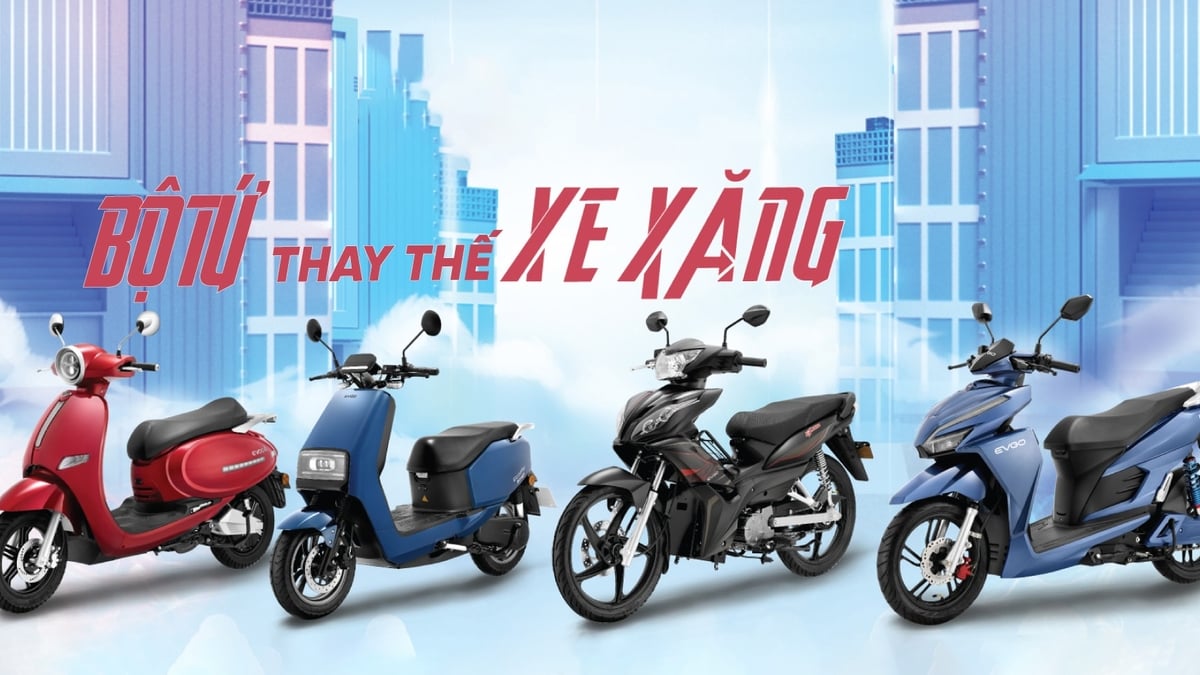
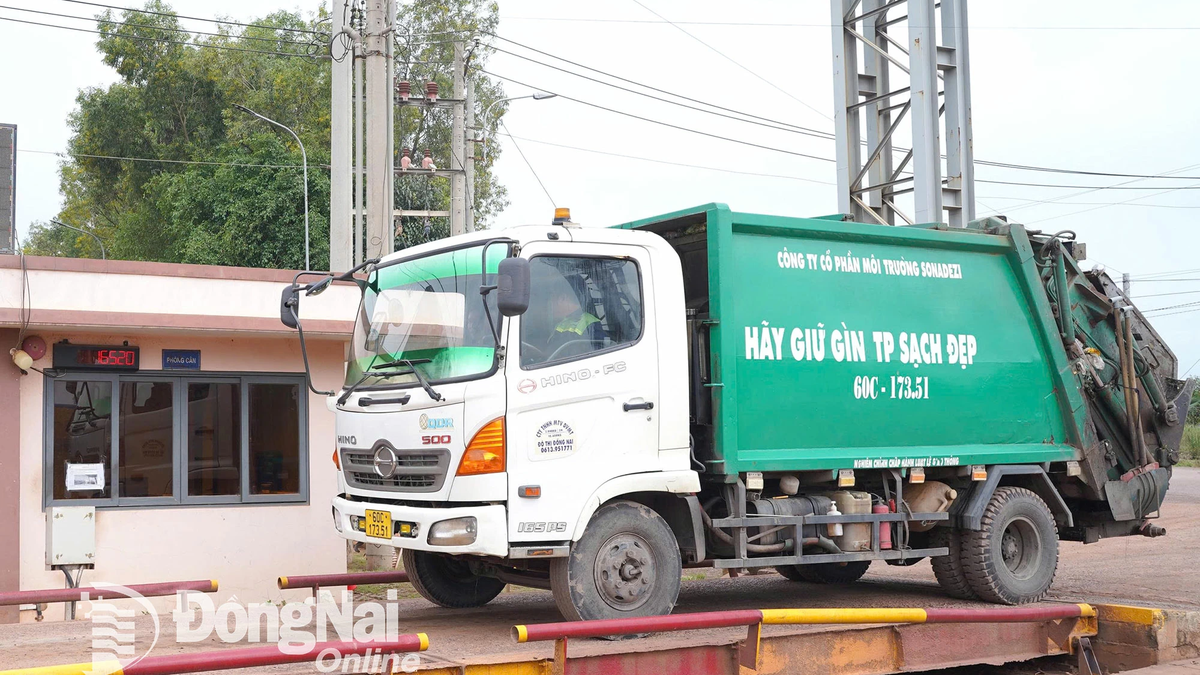
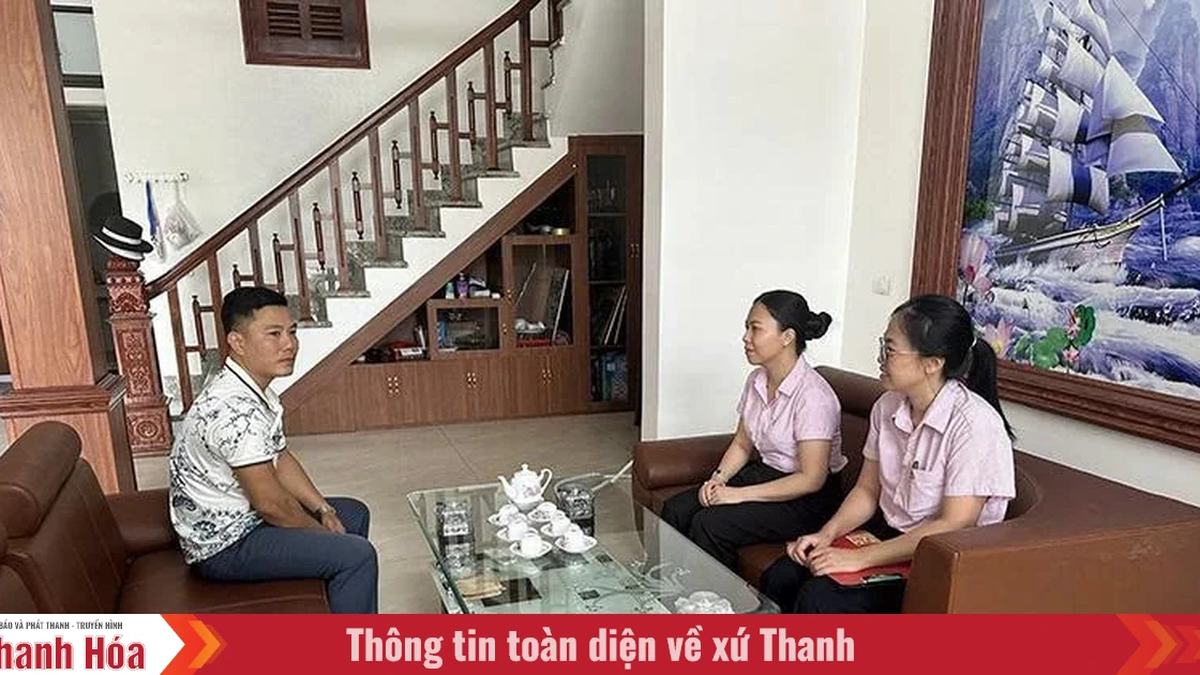
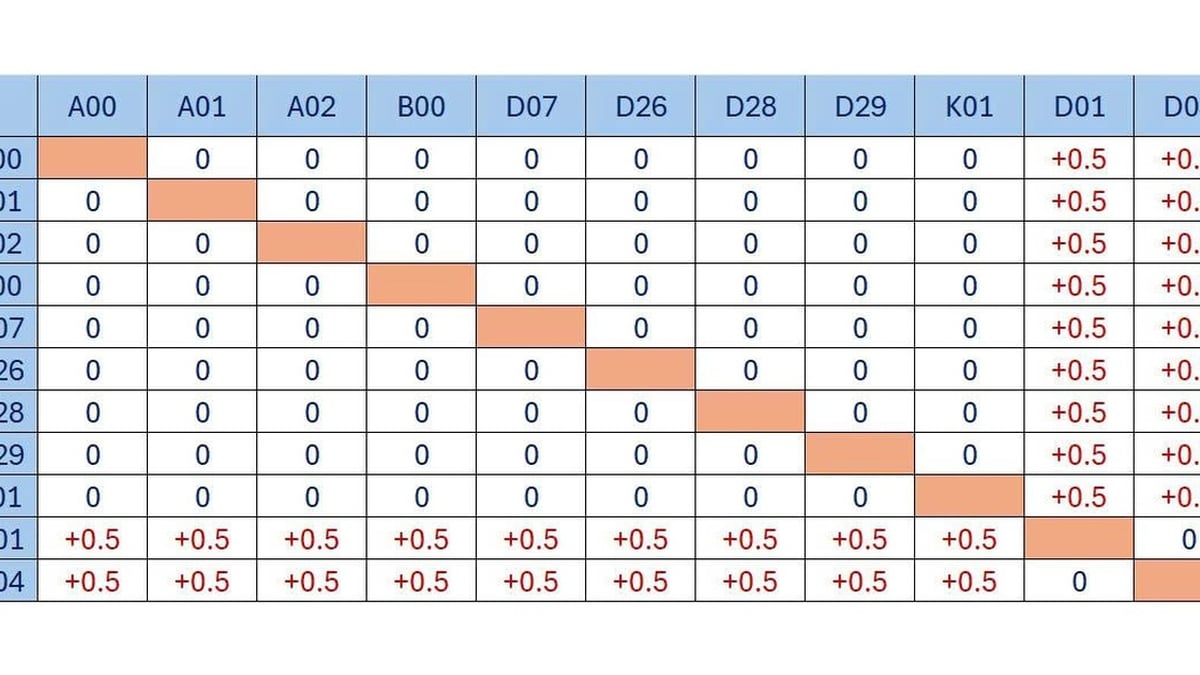
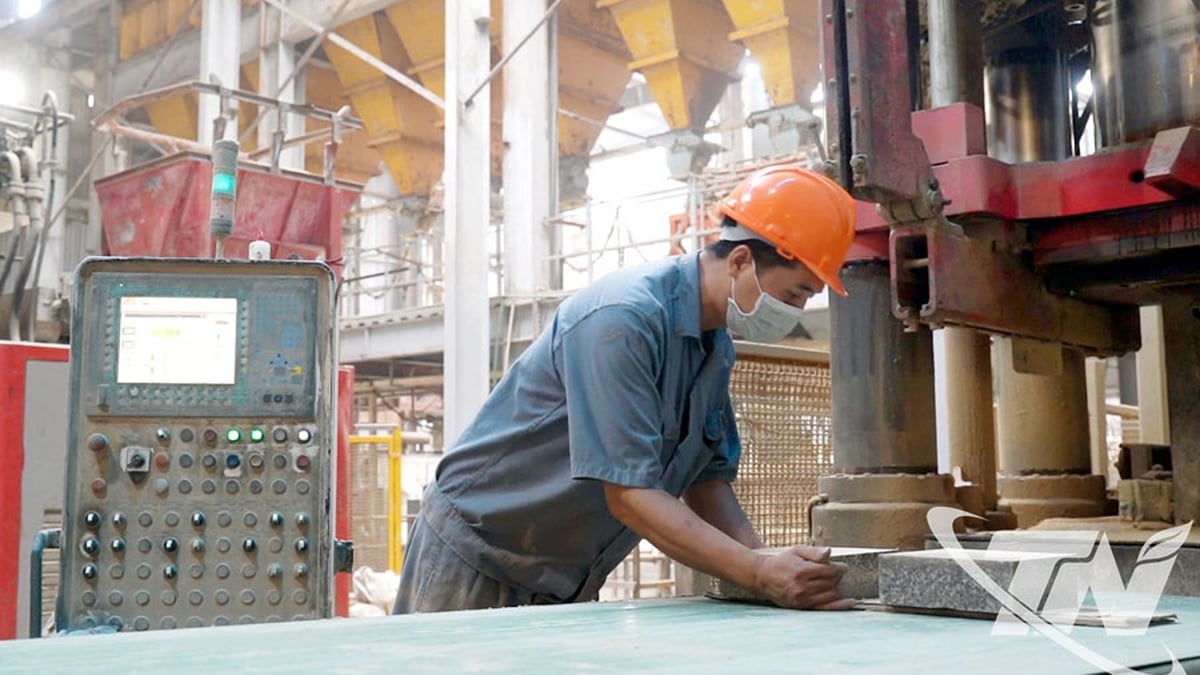

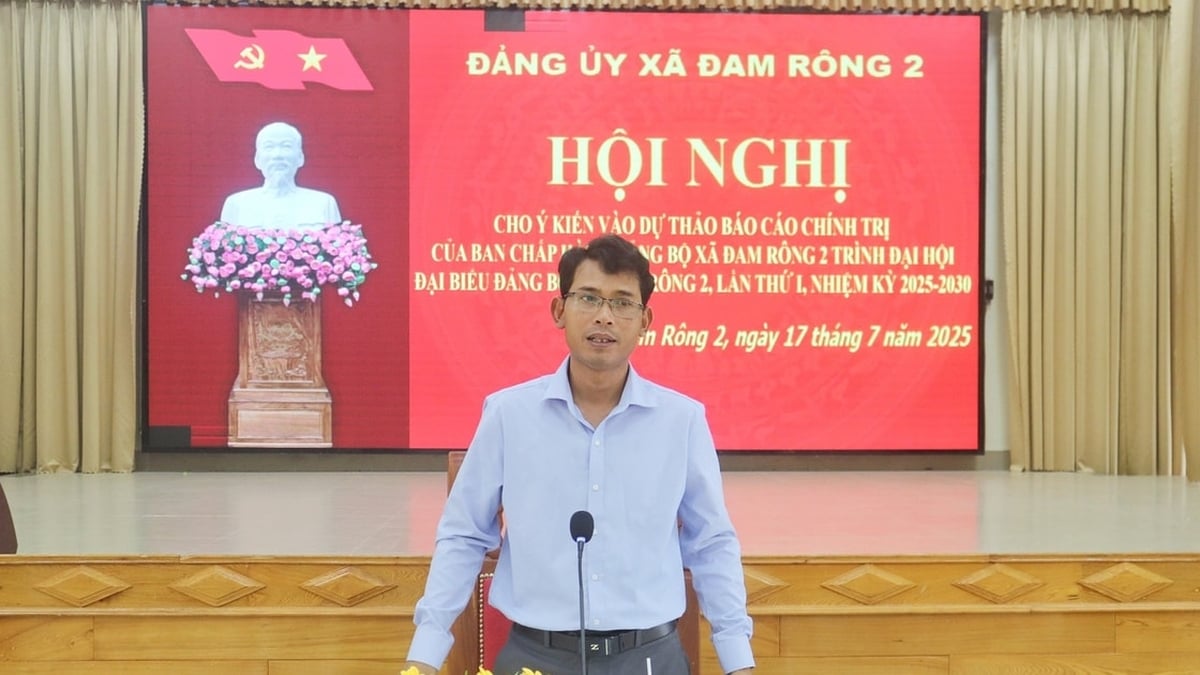

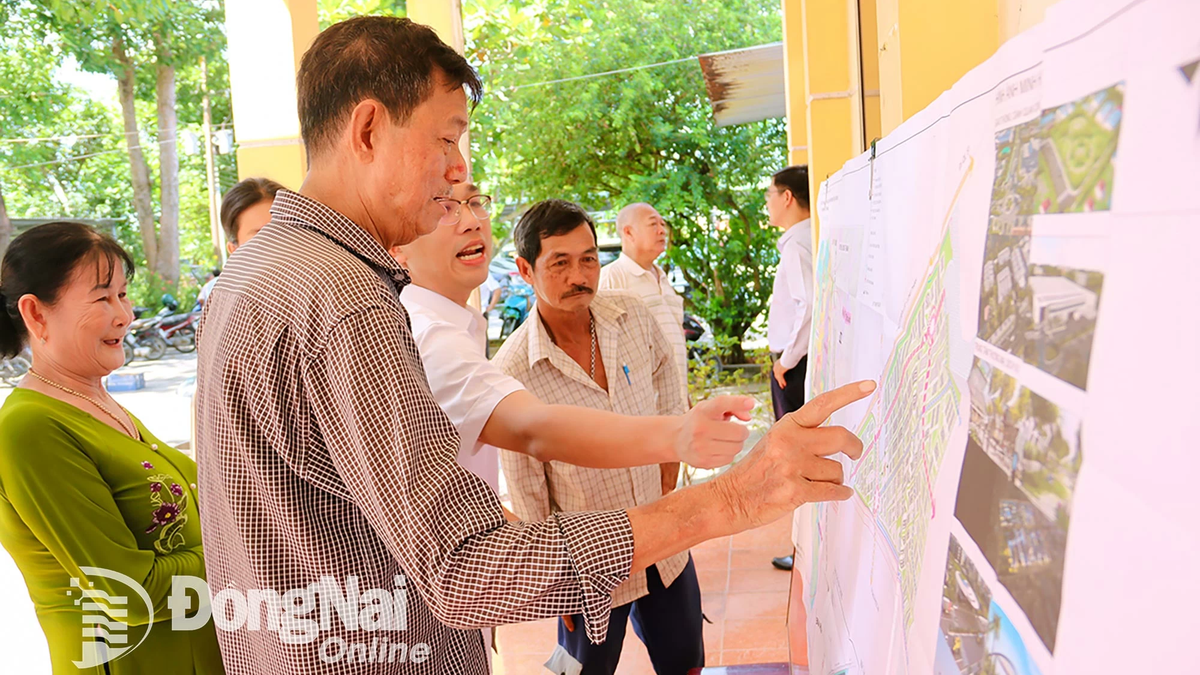


















































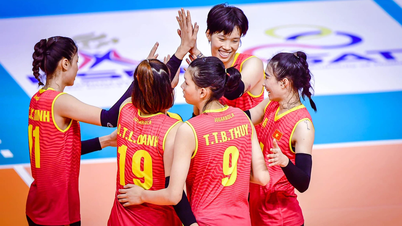



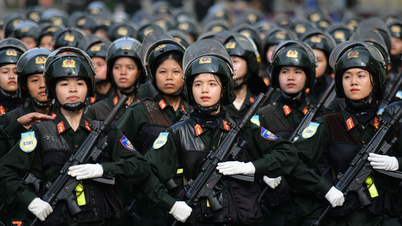





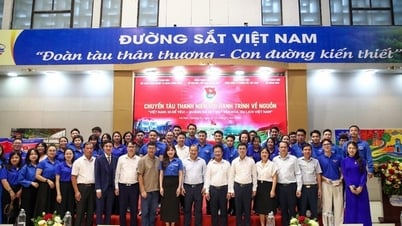


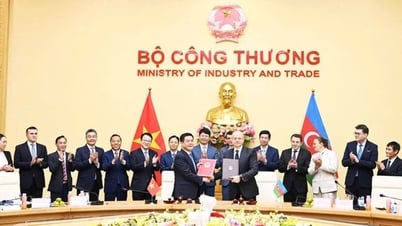












![[Infographic] In 2025, 47 products will achieve national OCOP](https://vphoto.vietnam.vn/thumb/402x226/vietnam/resource/IMAGE/2025/7/16/5d672398b0744db3ab920e05db8e5b7d)














Comment (0)